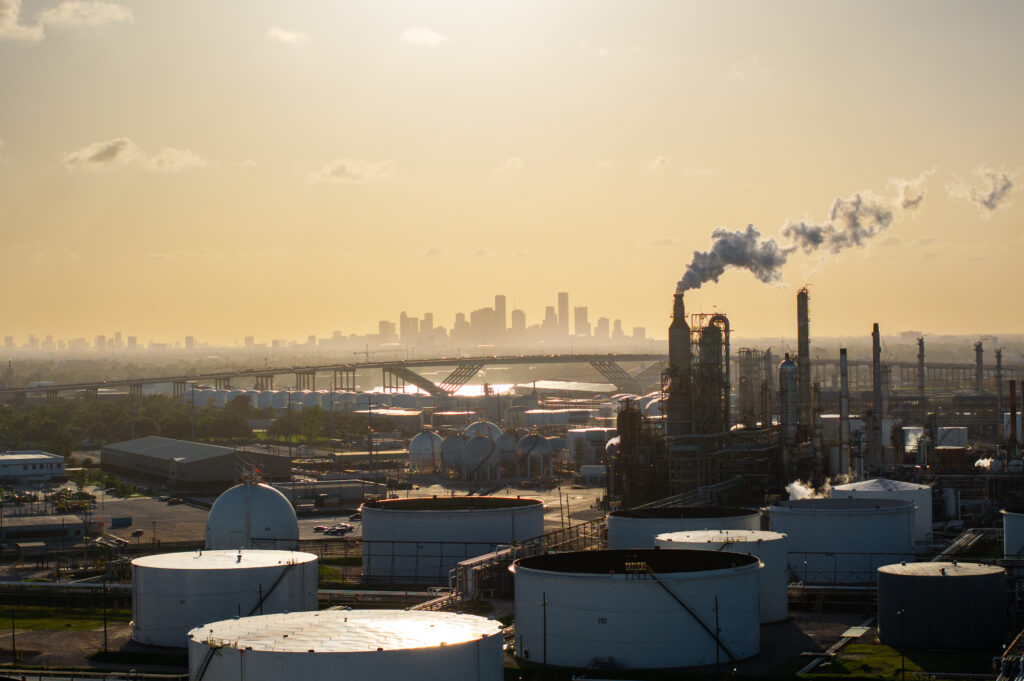Without immediate and deep emissions reductions across all sectors, limiting global warming to 1.5°C is ‘beyond reach’, said scientists in the latest Intergovernmental Panel on Climate Change (IPCC) report released today.
In the scenarios assessed by the IPCC, limiting warming to around 1.5°C (2.7°F) requires global greenhouse gas emissions to peak before 2025 at the latest, and be reduced by 48% by 2030, while methane would need to be reduced by about a third.
The assessment also shows that limiting warming to around 2°C (3.6°F) still requires global greenhouse gas emissions to peak before 2025, and be reduced by a quarter by 2030.
However, the scientists found increasing evidence of climate action, with sustained decreases of up to 85% in the costs of solar and wind energy and batteries, and an increasing range of policies and laws enhancing energy efficiency, reducing rates of deforestation, and accelerating the deployment of renewable energy.
‘We are at a crossroads. The decisions we make now can secure a liveable future. We have the tools and know-how required to limit warming,’ said IPCC Chair Hoesung Lee. ‘I am encouraged by climate action being taken in many countries. There are policies, regulations and market instruments that are proving effective. If these are scaled up and applied more widely and equitably, they can support deep emissions reductions and stimulate innovation.’
The report argues we have options in all sectors to at least halve emissions by 2030.
‘Having the right policies, infrastructure and technology in place to enable changes to our lifestyles and behaviour can result in a 40-70% reduction in greenhouse gas emissions by 2050. This offers significant untapped potential,’ said IPCC Working Group III Co-Chair Priyadarshi Shukla. ‘The evidence also shows that these lifestyle changes can improve our health and wellbeing.’
Limiting global warming will require major transitions in the energy sector, including a substantial reduction in fossil fuel use, widespread electrification, improved energy efficiency and the use of alternative fuels such as hydrogen.
Cities and other urban areas also offer significant opportunities for emissions reductions according to the report, which can be achieved through lower energy consumption, electrification of transport in combination with low-emission energy sources, and enhanced carbon uptake and storage using nature.
Reducing emissions in industry will involve using materials more efficiently, reusing and recycling products and minimising waste.
The report also found potential for emissions reductions in agriculture, forestry and other land use, as well as opportunities to store carbon dioxide at scale, but the report warns that land cannot compensate for delayed emissions reductions in other sectors.
The Summary for Policymakers of the IPCC Working Group III report, Climate Change 2022: Mitigation of climate change was approved on April 4 2022, by 195 member governments of the IPCC, through a virtual approval session that started on March 21. It is the third instalment of the IPCC’s Sixth Assessment Report (AR6), which will be completed this year.
Photo by Matt Palmer
















